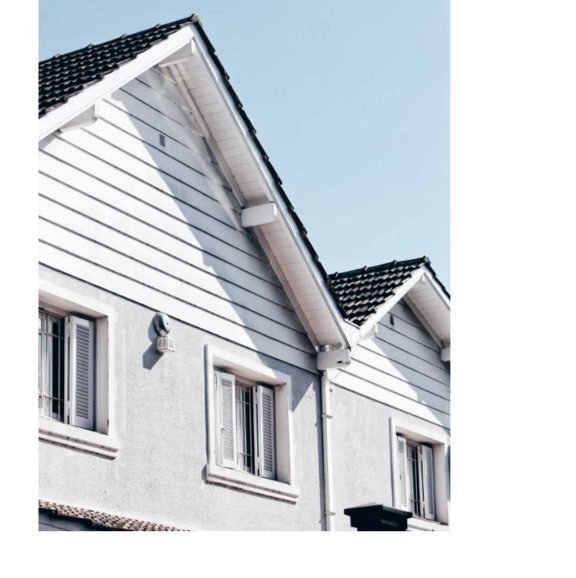Conserving Water & Energy at Your Rental Property
Energy and water conservation are hot topics in the news today as society becomes more aware of the benefits of preserving and protecting the environment around us as well as our responsibility in the efforts to do so. There are many things you can do as a property owner to set yourself, and the environment, up for success when it comes to energy/water-saving and, ultimately, cost consumption.
First and foremost, what does it mean to conserve energy and water in your rental home and how do they relate anyways? Energy conservation is simply the act of cutting back on energy use by utilizing less of the energy service provided (ie, encouraging renters to turn down the AC when they leave the house). Essentially, hydropower (energy production) plants require massive amounts of water to generate, so, the more energy is conserved, the less amount of water is needed.
What are the ways you can save and maintain in both the long and short term?
- Lower the water heater temperature
- For every 10 degrees decrease, you could save approximately $10 a month, or $120 a year. First, you need to check the temperature setting. The default setting for these heaters is 140 degrees. However, you can safely turn it down to 120 degrees to save energy. You cannot set your tank below 110 degrees, or bacteria can grow. Even at 120 degrees, some say the water feels more tepid than hot. An older tank may not be well insulated, and it may have problems keeping an ideal temperature. An insulating jacket is a great way to reduce costs and help keep the unit/house toasty warm.
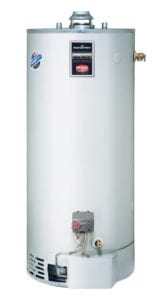
- Update plumbing and conduct regular checks
- Check for leaks in pipes, toilets, hoses, faucets, and couplings. Leaks waste water 24 hours a day, seven days a week. An inexpensive washer is usually enough to stop them. Install water-saving showerheads or flow restrictors. There are many inexpensive showerheads or flow restrictors that will cut your shower flow to about three gallons a minute instead of five to ten.
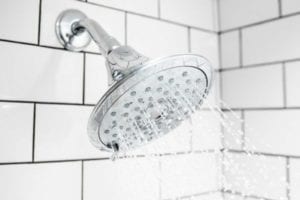
- Install a programmable thermostat
- Programmable thermostats are under $50 and can really save energy. With these thermostats, yourself or your renters can turn the AC down when they leave or during peak hours. Not surprisingly, cooling costs in the Phoenix area are the biggest energy hogs in a house, so this is a big-impact place to start.
- Pull the plug on phantom energy charges
- If you have computers, tablets, televisions, and other small appliances going all the time at your rental property, you could benefit from the use of power strips as, even when your electronics are not in use, they can still pull current when plugged in. Basically, you are paying for electricity you are not using. The best way to stop paying for unused electricity is to buy a smart energy strip. They are very inexpensive, but they will pay for themselves in no time.
- Switch to energy-efficient bulbs
- One thing you will always see in an energy-efficient building is LED or CFL light bulbs. The prices have significantly dropped to make them affordable for everyone. Though the costs may be a bit higher upfront, you will reap the savings all year long. You also don’t have to replace all of your bulbs all at once; rather, just change the bulbs to the new type one at a time as they burn out.
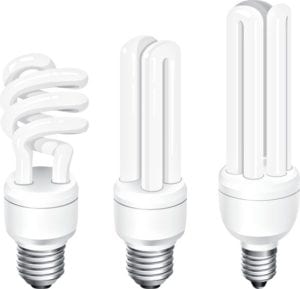
- Use window shades
- If you think that blinds and curtains are all about décor, you are missing out on one important feature. These shields help to protect from heat loss and gain. Heavy curtains are great in the winter. They will stop heat loss and entry through the windows.
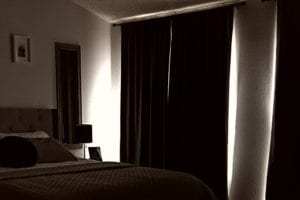
- Caulk and seal windows and doors
- If you own an older apartment building or a rental home, then you probably have old or missing caulking around your windows. Air leaks through these older-style windows with ease. It’s common to find air leaks in the sashes, door panels, and window frames. Caulking is a quick and relatively inexpensive way to help your home-cooling efficiency.
Ultimately, saving energy doesn’t have to be a big inconvenience and doesn’t require huge sacrifices by you or your renters. If you insulate your home, switch off lights, turn off devices you aren’t using, program the AC to eco-mode (automatic temperature during peak-heat hours), and use energy-saving bulbs, this is HUGE progress already. You are more likely to save energy, cost, and the environment thanks you for your efforts!

